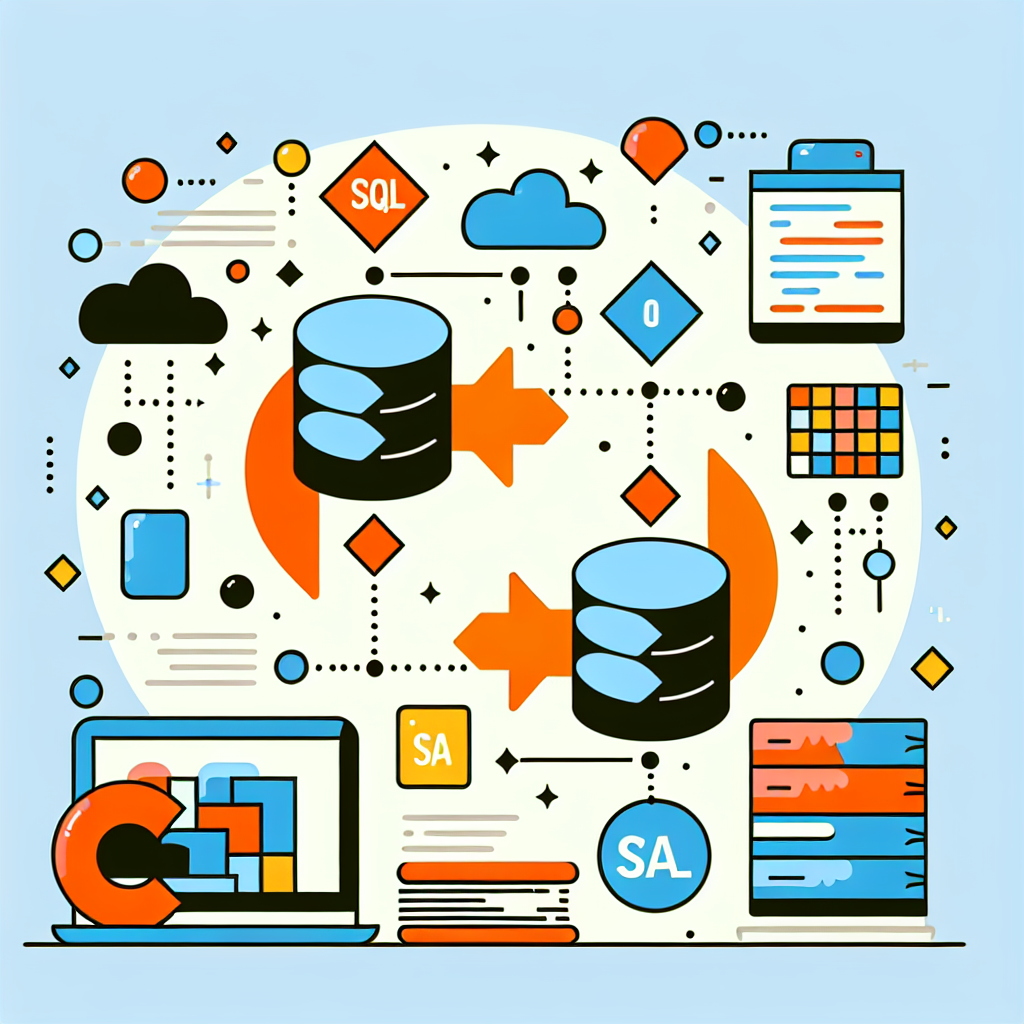Convert SQL to Scala Code Effortlessly | Free Tool
Effortlessly convert SQL queries to Scala code with our intuitive tool. Enhance your data processing workflow and boost productivity. Try it now for free!
Source Code
Converted Code
Output will appear here...
SQL to Scala is a powerful conversion tool designed to seamlessly transform SQL queries into Scala code, enhancing data processing efficiency and scalability. Ideal for data engineers and developers, it simplifies the integration of SQL-based logic into Apache Spark applications, promoting streamlined data analytics workflows. Boost your productivity with this essential tool for bridging SQL and Scala environments.

SQL to Scala Conversion Tool Link to this section #
The SQL to Scala conversion tool is an essential resource for developers looking to seamlessly translate SQL queries into Scala code. This tool is particularly useful for those working with Apache Spark and other Scala-based data processing frameworks. It enables you to leverage Scala's functional programming capabilities while still utilizing the familiar SQL syntax.
Key Features Link to this section #
- Automated Conversion: Quickly convert SQL queries to Scala, reducing manual coding time and minimizing errors.
- Integration with Spark: Perfect for Spark users who need to execute transformations and actions using DataFrames and Datasets.
- Enhanced Readability: Produces clean, readable Scala code that adheres to best practices, making maintenance easier.
Benefits Link to this section #
- Efficiency: Speeds up the development process by automating the conversion, allowing developers to focus on more complex tasks.
- Accuracy: Reduces the risk of human error when rewriting SQL queries in Scala.
- Seamless Transition: Ideal for users transitioning from SQL to Scala, ensuring a smooth learning curve.
Example Conversion Link to this section #
SQL Query:
SELECT id, name FROM users WHERE age > 30
Converted Scala Code:
val usersDF = spark.table("users")
val resultDF = usersDF.filter($"age" > 30).select($"id", $"name")
resultDF.show()
Practical Use Cases Link to this section #
- Data Transformation: Convert complex SQL transformations into Scala for efficient data processing.
- Real-time Analytics: Utilize Scala's capabilities for real-time data analytics with Spark Streaming.
- Data Integration: Seamlessly integrate SQL-based data sources into Scala applications.
Resources Link to this section #
The SQL to Scala conversion tool is a valuable asset in any data engineer or developer's toolkit, offering a straightforward and efficient way to bridge the gap between SQL and Scala programming.
Frequently Asked Questions
What is the primary purpose of converting SQL queries to Scala?
The primary purpose of converting SQL queries to Scala is to leverage Scala's functional programming capabilities and its integration with Apache Spark for more complex data processing tasks. This allows developers to write more efficient, scalable, and maintainable code, especially when working with large datasets.
How can I execute SQL queries within a Scala application?
In a Scala application, you can execute SQL queries using libraries like Apache Spark's `Spark SQL`. By creating a Spark session, you can use the `spark.sql()` method to run SQL queries directly on DataFrames or datasets, which allows for seamless integration of SQL operations within Scala code.
What are the benefits of using Scala over SQL for data processing?
Using Scala over SQL for data processing offers several benefits, including the ability to use object-oriented and functional programming paradigms, higher order functions, and strong typing. Scala also allows for more complex data transformations and can be more efficient for iterative algorithms and processing large-scale data in distributed computing environments like Apache Spark.